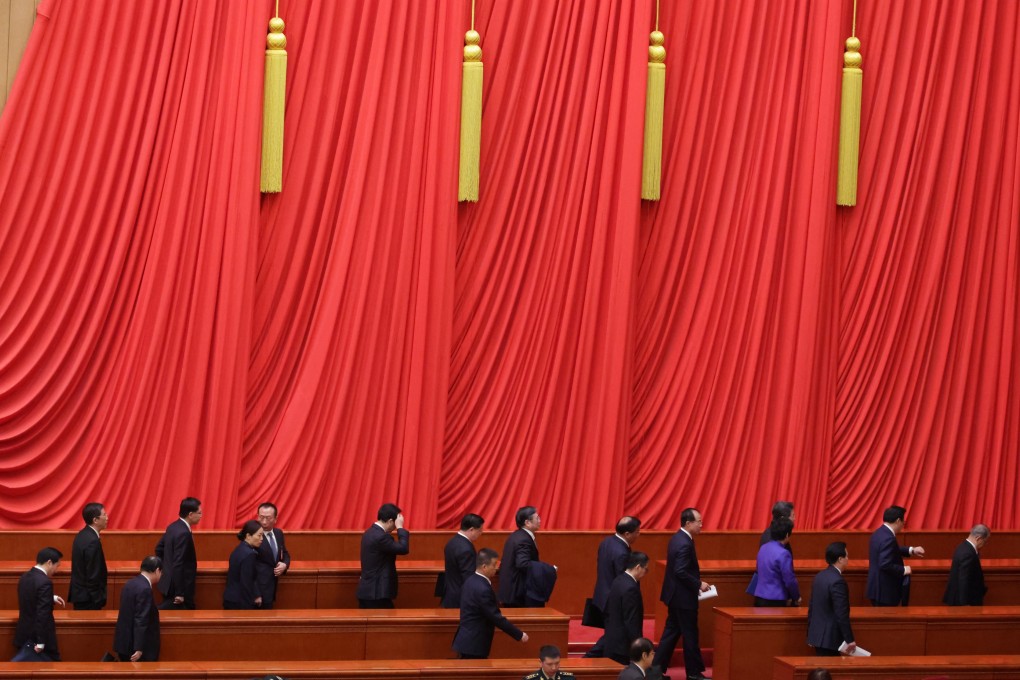Advertisement
‘Two sessions’ 2024: Premier Li Qiang vows China’s ‘new type’ of diplomacy will pursue equality and order
- A year after taking office, Li Qiang tells NPC legislators China ‘will remain firm in opposing all hegemonic, high-handed and bullying acts’
- Ministry of Finance’s proposed annual budget boosts diplomacy spending 6.6 per cent to US$8.4 billion for 2024
Reading Time:3 minutes
Why you can trust SCMP
5

China has pledged to promote an equal and orderly multipolar world and stand firm against “bullying” and “hegemonism” as priorities in diplomacy this year.
While delivering his first work report on Tuesday, Chinese Premier Li Qiang, who took office a year ago, recommitted China to an independent foreign policy.
“We call for an equal and orderly multipolar world and universally beneficial and inclusive economic globalisation, and we are committed to promoting a new type of international relations,” the Chinese premier said during the opening of the annual gathering of the National People’s Congress (NPC).
Advertisement
“We will remain firm in opposing all hegemonic, high-handed and bullying acts and upholding international fairness and justice.”
Li’s remarks echoed the themes of the Central Conference on Work Related to Foreign Affairs in late December.
Advertisement
Advertisement
Select Voice
Choose your listening speed
Get through articles 2x faster
1.25x
250 WPM
Slow
Average
Fast
1.25x
